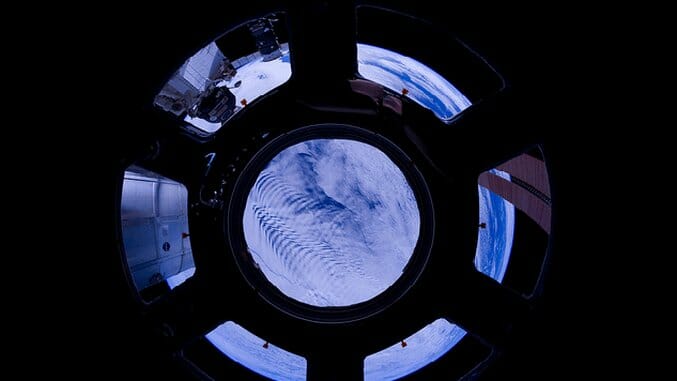Healthy Pups Born from Space Sperm is a Hint to Life in Space

73 healthy offspring were born to mice impregnated with sperm that’d been frozen for over 288 days. The sperm had been in a freezer in the International Space Station (ISS) for over nine months, where radiation levels are roughly 100 times higher than they are on Earth. Despite this, the female mice gave birth to offspring that showed no signs of genetic mutation or negative effects from radiation.
Due to the fact that this is the first such experiment conducted on a mammalian species, it remains unclear as to whether or not these findings can be applicable to other species within this genus. However, should findings remain consistent in replications of this experiment, it could mean a major step forward in the quest for sustaining human life on alien worlds.
-

-

-

-

-

-

-

-

-

-

-

-

-

-

-

-

-

-

-

-

-

-

-

-

-

-

-

-

-

-

-

-

-

-

-

-

-

-

-

-








































